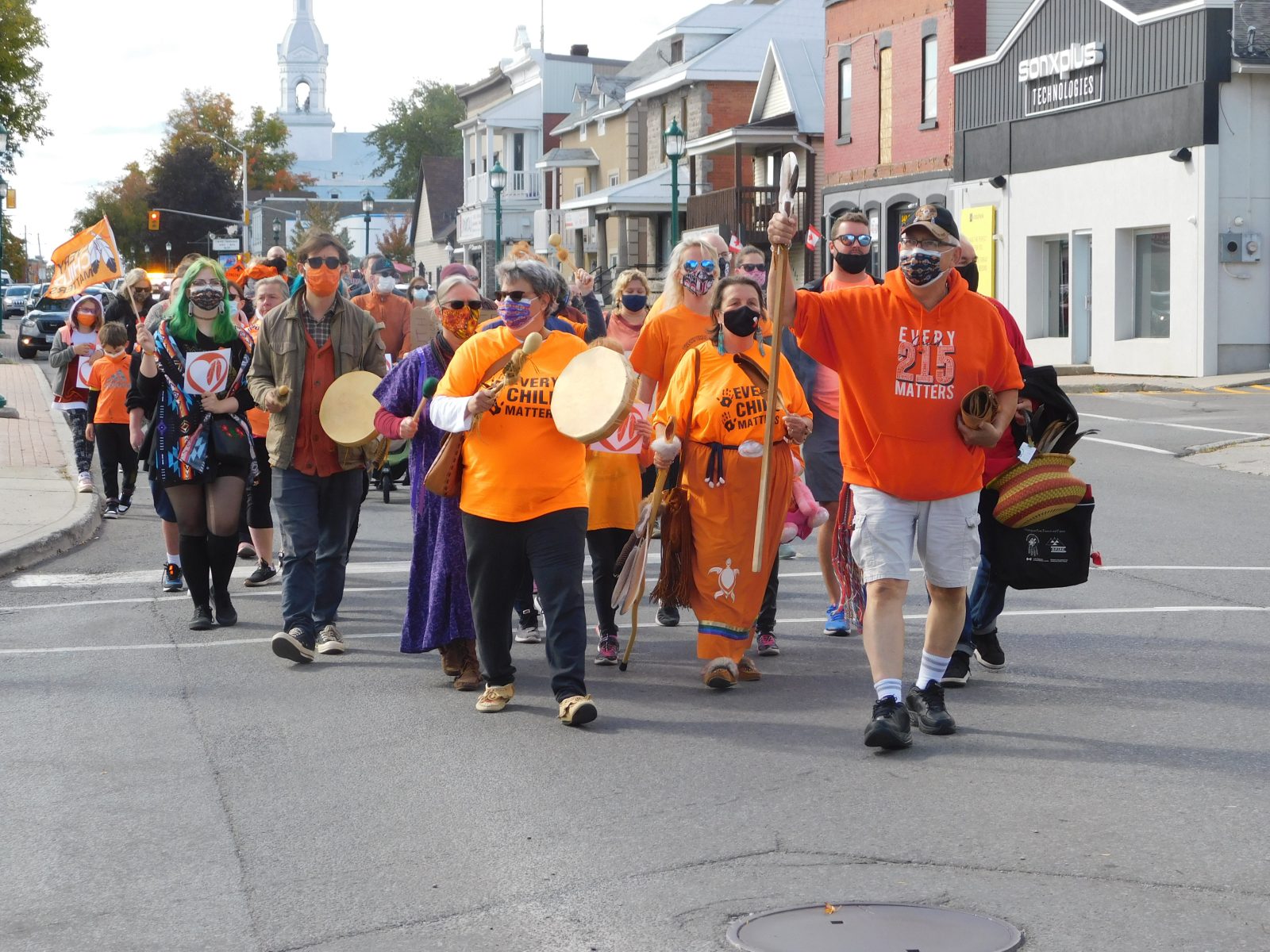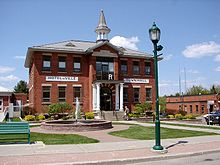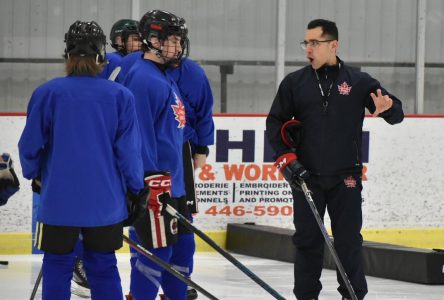“Today is the National Day for Truth and Reconciliation,” said Mayor Mario Zanth during a quiet ceremony September 30, “where we remember and honour the lost children and the survivors of residential schools, their families and communities. It is a time to solemnly acknowledge the hurt and harm this system caused.”
Walk of Sorrows for the Lost Children



